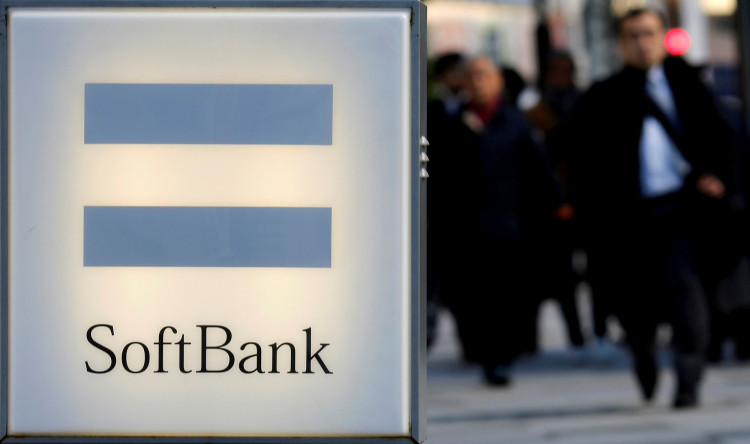Shares of SoftBank Group hit their highest mark in 20 years as a series of buybacks pushed the stock to cushion losses suffered in the pandemic-triggered market rout.
The stock was up 4.5 percent to 6,190 yen ($58) late Tuesday, the highest since March 2000. That equates to over double the level reached in mid-March, which marked the coronavirus-hit low point for Softbank, whose market cap has since rallied by around $68 billion. The runup has the company's stock rising 30 percent so far this year.
The recent climb has in part been backed by SoftBank itself, which sealed a 500 billion yen ($4.7 billion) share buyback in June and propositions to purchase back an extra 2 trillion yen worth of shares.
The Tokyo-based Japanese multinational conglomerate holding firm has also had a series of triumphs over the same period, including consolidating its Sprint Corp with T-Mobile US and seeing some wagers pay off. Online home-insurance provider Lemonade Inc., of which SoftBank owns around 22 percent, soared as much as 86 percent in its US listing on Thursday.
Chief executive officer and founder Masayoshi Son has disclosed plans to unload 4.5 trillion yen of assets, which includes shares in US wireless group T-Mobile, to cut the firm's debt and finance the buybacks.
With approximately 10 million SoftBank stocks being shorted the group is witnessing a typical short-squeeze, Norihiro Fujito, chief investment planner at Mitsubishi UFJ Morgan Stanley Securities, said.
Other tailwinds for Softbank include some progress in monetizing fundamental assets like as e-commerce company Alibaba Group Holding to secure $41 billion to finance the buybacks and boost its balance sheet. The proposition has caused some concerns at credit-rating agencies.
SoftBank's shareholder value was pegged at 12,455 yen a share as of late Tuesday, compared with a share price of 6,190 yen, the company's website showed.
SoftBank's Vision Fund, with almost 90 companies comprising its portfolio, shed nearly $18 billion in the fiscal year ended March 31, as the fund wrote down its investments in Uber Technologies and WeWork, to name a few. Son himself has stated that he anticipates around 15 of Vision's startups to file for bankruptcy while estimating another 15 will survive.
In another development, David Chao, a venture capitalist who's been involved with Asian groups valued at a combined $206 billion, has secured capital for a new funding venture with a focus on China, an indication that escalating China-US frictions are not discouraging foreign investors.
DCM Ventures, which is supported by Softbank Group and Japanese e-commerce titan Rakuten Inc., attracted $880 million from investors that include US pension plans, including major European companies.





